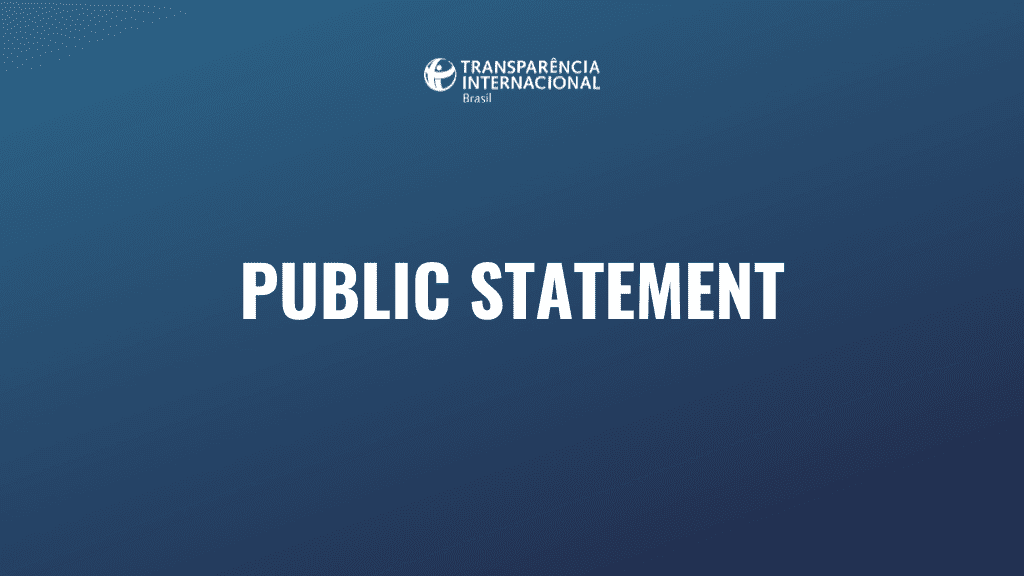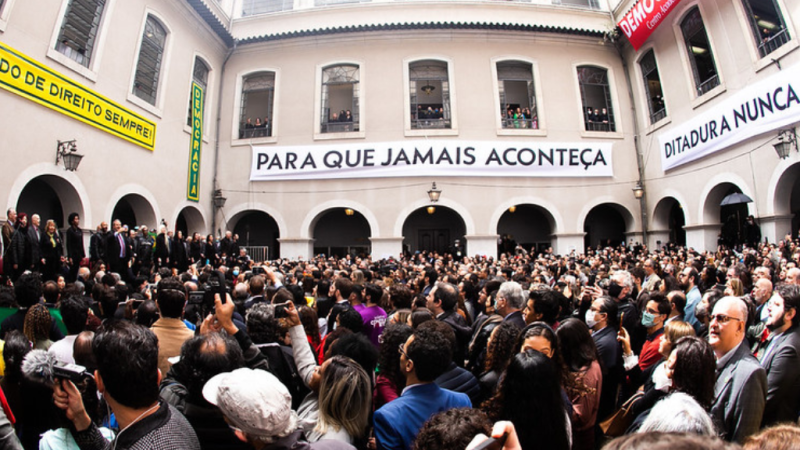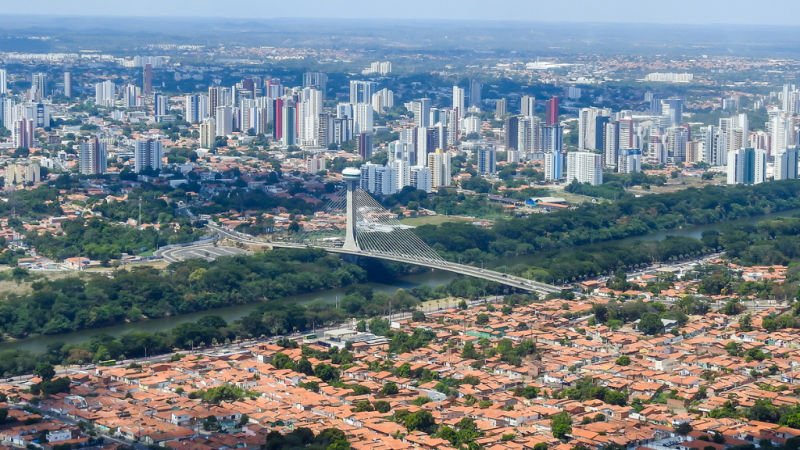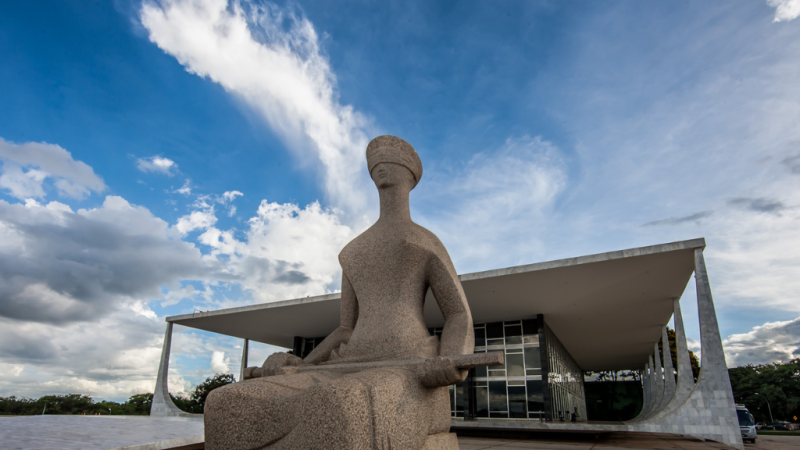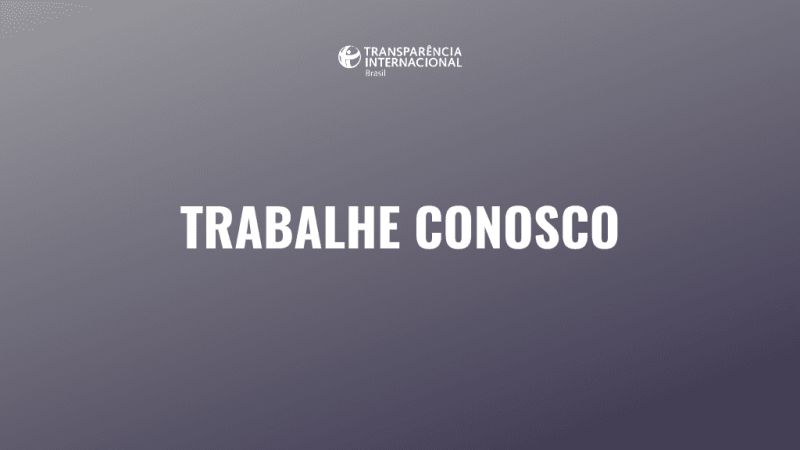Transparency International Brazil expresses concern over the announcement by the United States government, through the office of the United States Trade Representative (USTR), to open an investigation under Section 301 against Brazil, based on allegations of unfair trade practices and setbacks in anti-corruption efforts1.
It is a fact that Brazil has faced a serious and ongoing dismantling of its legal and institutional anti-corruption framework — a process that intensified during the administration of former President Jair Bolsonaro and, regrettably, has not been reversed under the current government of President Luiz Inácio Lula da Silva. Transparency International Brazil has repeatedly warned about the negative impacts of highly questionable judicial decisions that are systematically overturning convictions in major corruption cases (including cases involving confessions), many of which are marked by serious conflicts of interest and lack of transparency. These developments undermine the credibility of Brazilian institutions and erode international confidence in the country.
This situation not only represents a domestic setback but also a systematic breach of Brazil’s commitments under international anti-corruption conventions — including the United Nations Convention Against Corruption (UNCAC), the OECD Convention on Combating Bribery of Foreign Public Officials in International Business Transactions, and the Organization of American States (OAS) Inter-American Convention against Corruption. Numerous recent reports and statements from multilateral organizations have highlighted Brazil’s deteriorating capacity to meet these commitments, particularly regarding the accountability of public and private actors for transnational corruption.
However, it is equally troubling that these setbacks are being instrumentalized by a foreign government to justify politically and economically motivated measures. Recent statements by U.S. authorities and the measures announced go beyond the scope of anti-corruption and raise serious questions about the legitimacy and consistency of sanctions — especially in the absence of transparent criteria and in light of the selective use of international pressure mechanisms.
It is worth emphasizing that the Trump administration itself has overseen significant setbacks in the anti-corruption agenda within the United States, undermining key mechanisms for public integrity and accountability. Among the most concerning examples are:
- Political interference in the Department of Justice, including the dismantling of specialized units such as the global kleptocracy initiative;
- The temporary suspension and subsequent strategic reorientation of the Foreign Corrupt Practices Act (FCPA), which is now explicitly guided by commercial and strategic interests, at the expense of impartiality and integrity;
- The reduction of independence for prosecutors and law enforcement agents, following new guidelines that limit their autonomy to investigate and prosecute transnational corruption cases;
- Conflicts of interest involving the president and his family, blurring the lines between political decisions and private business interests;
- The weakening of the Corporate Transparency Act, through reduced reporting and transparency requirements for beneficial ownership of U.S. companies — a change that facilitates the use of corporate structures for money laundering and corruption.
Transparency International Brazil reaffirms its commitment to strengthening anti-corruption efforts in the country and to defending independent, transparent, and accountable institutions. At the same time, it rejects the politically motivated use of the anti-corruption agenda as a tool of economic or diplomatic pressure. The fight against corruption must be based on universal principles and conducted in a consistent, impartial, and collaborative manner among nations.
Corruption is indeed a factor that distorts competition and undermines fair international trade. However, the selective application of sanctions, lacking transparent criteria and marked by evident political bias, only serves to weaken international legal frameworks and undermine global efforts toward integrity.
- “C. Anti-Corruption Enforcement Evidence suggests that Brazil’s efforts to fight corruption have weakened considerably in some areas. For example, reports indicate that prosecutors have engaged in opaque agreements to provide leniency to companies engaged in corruption and indicate conflicts of interest in judicial decisions. In a highly publicized case involving the bribery of public officials for public projects and money laundering, rulings by a Supreme Court justice to throw out the convictions have drawn widespread criticism. Evidence indicates that Brazil’s lack of enforcement of anticorruption measures and lack of transparency may disadvantage U.S. companies engaged in trade and investment in Brazil and raises concerns in relation to norms relating to fighting bribery and corruption, such as under Protocol to the Agreement on Trade and Economic Cooperation Between the Government of the United States of America and the Government of the Federative Republic of Brazil Relating to Trade Rules and Transparency, Annex III or the Convention on Combating Bribery of Foreign Public Officials in International Business Transactions, done at Paris, December 19, 1997.” (https://www.ustr.gov/sites/default/files/files/Press/Releases/2025/Bzl%20frn%20for%20press%20ofc%20final.pdf) ↩︎
